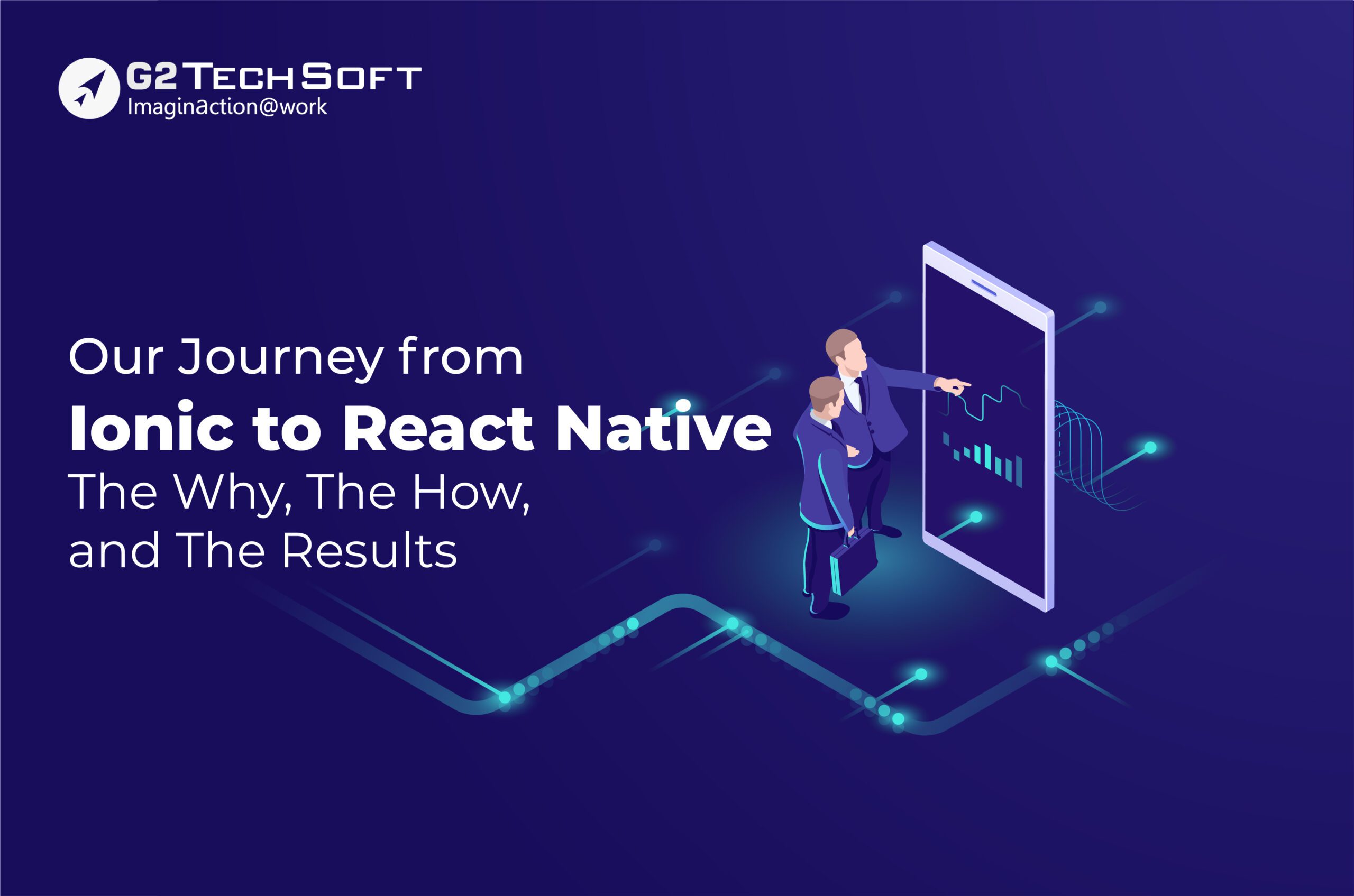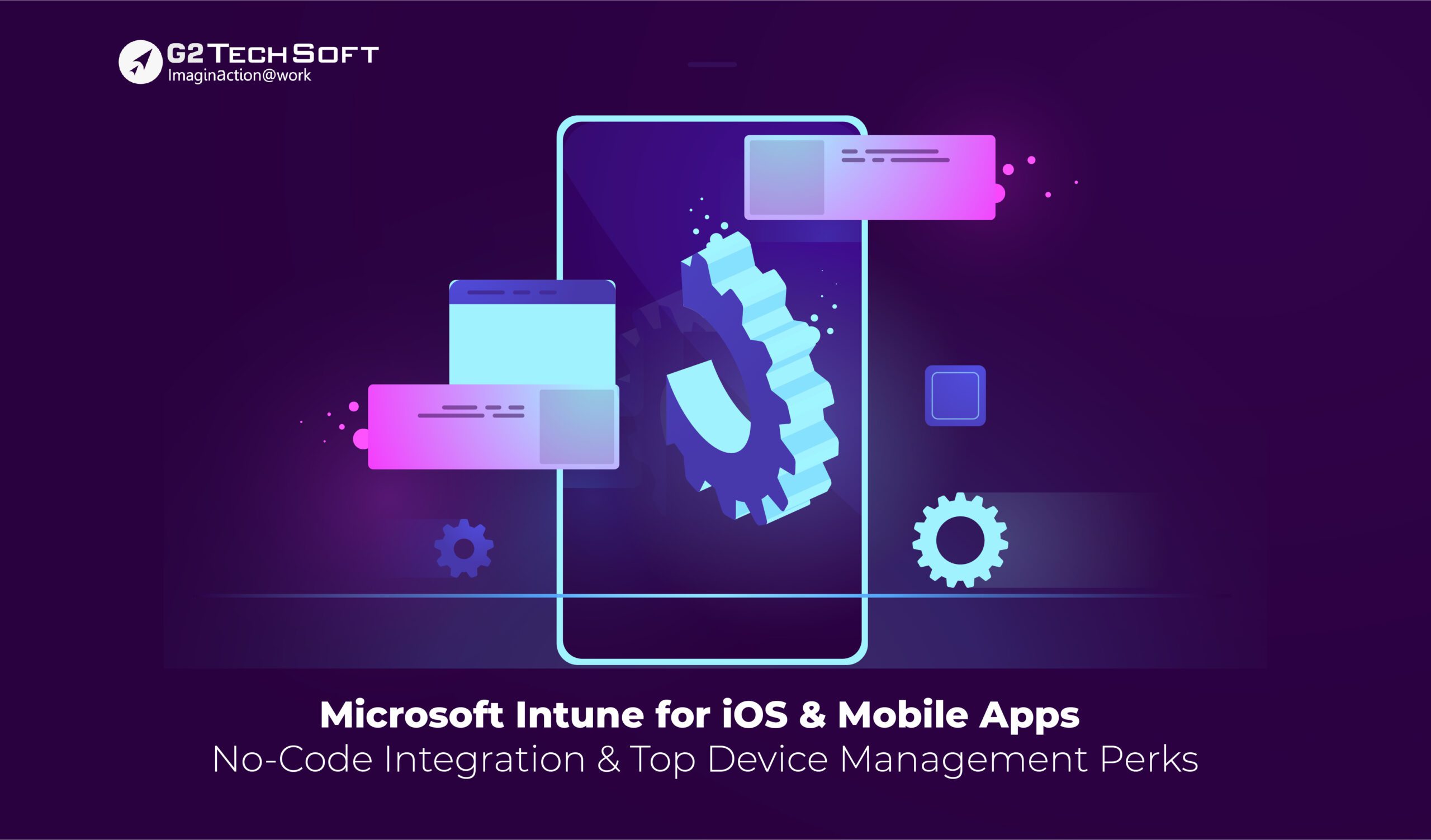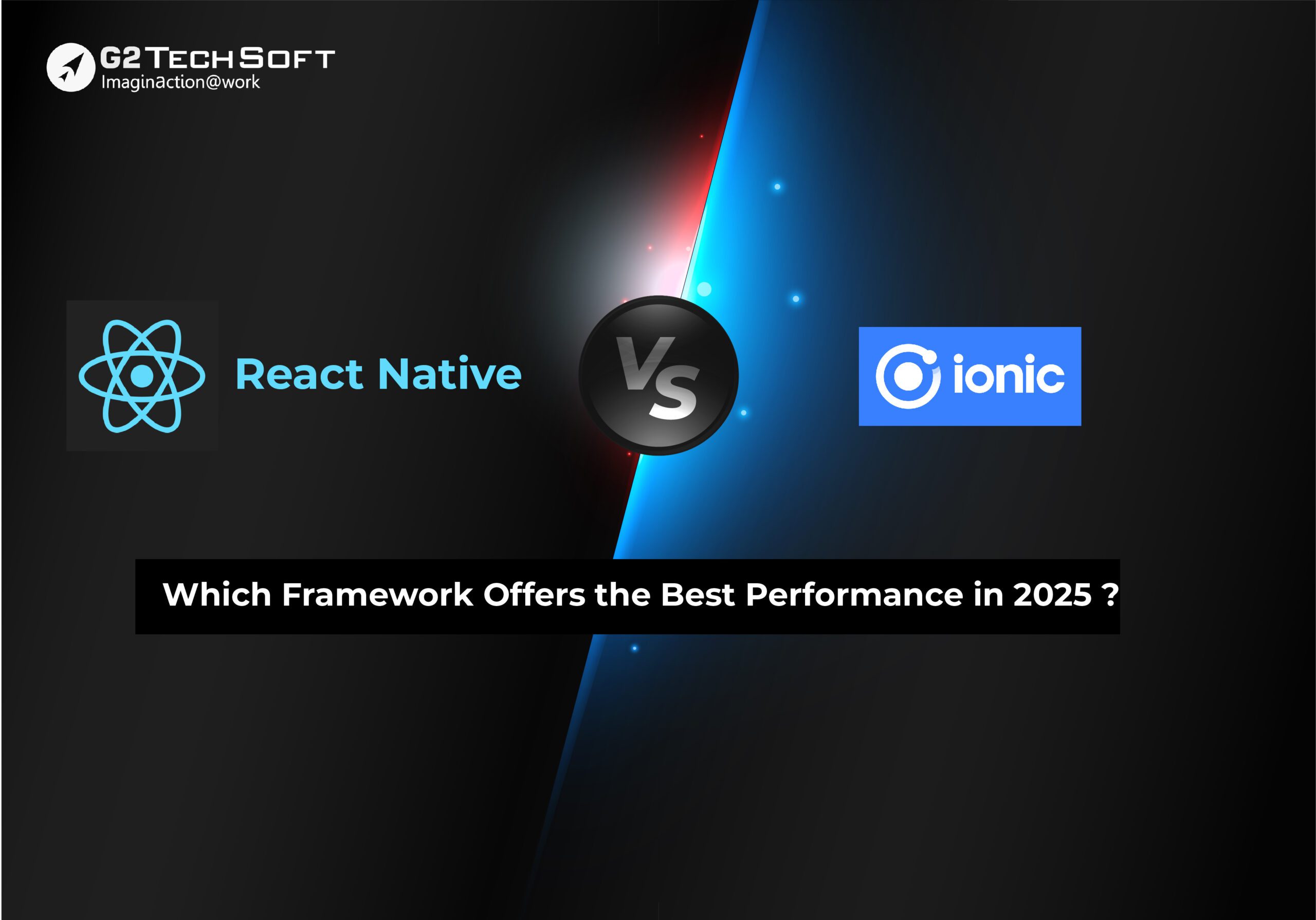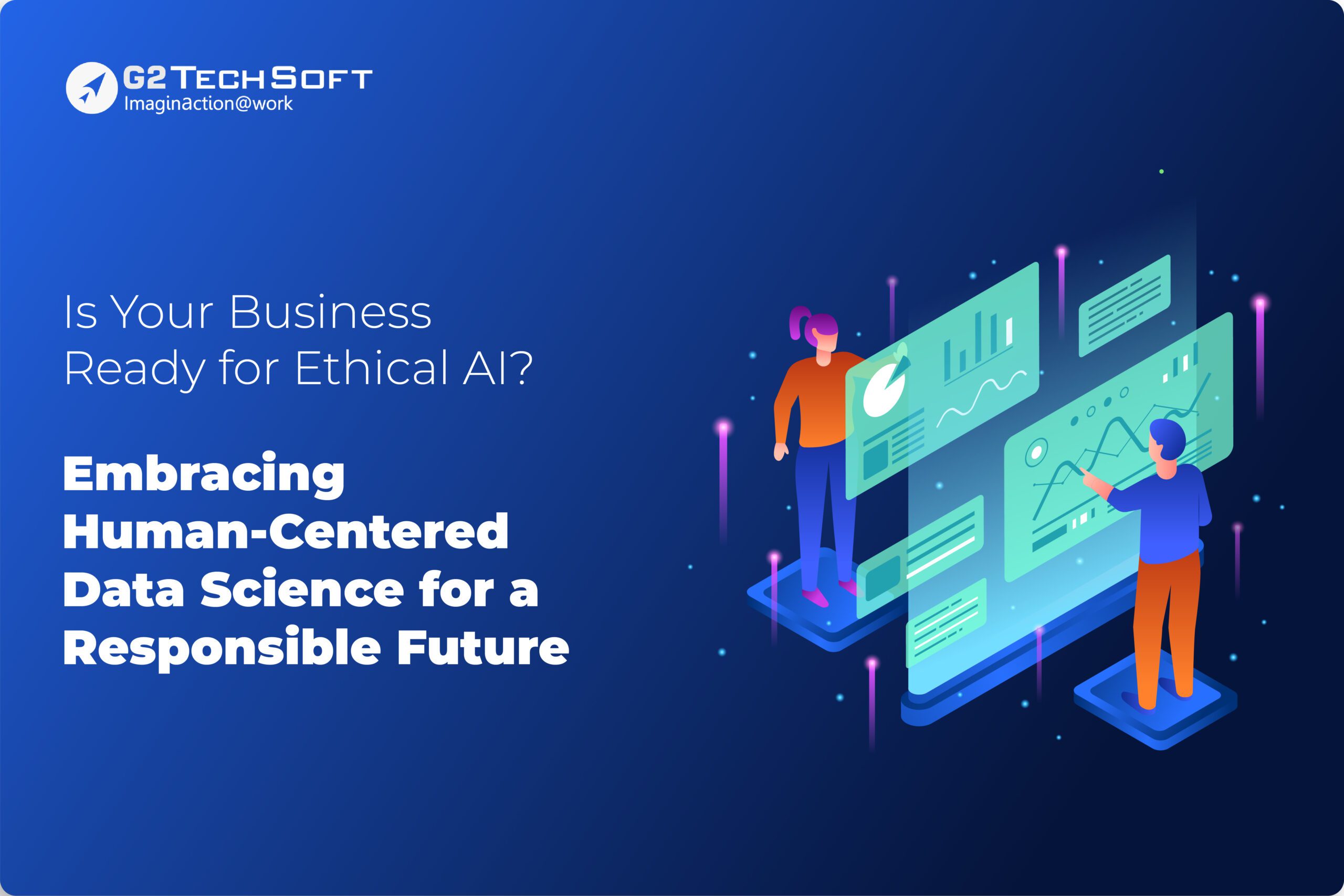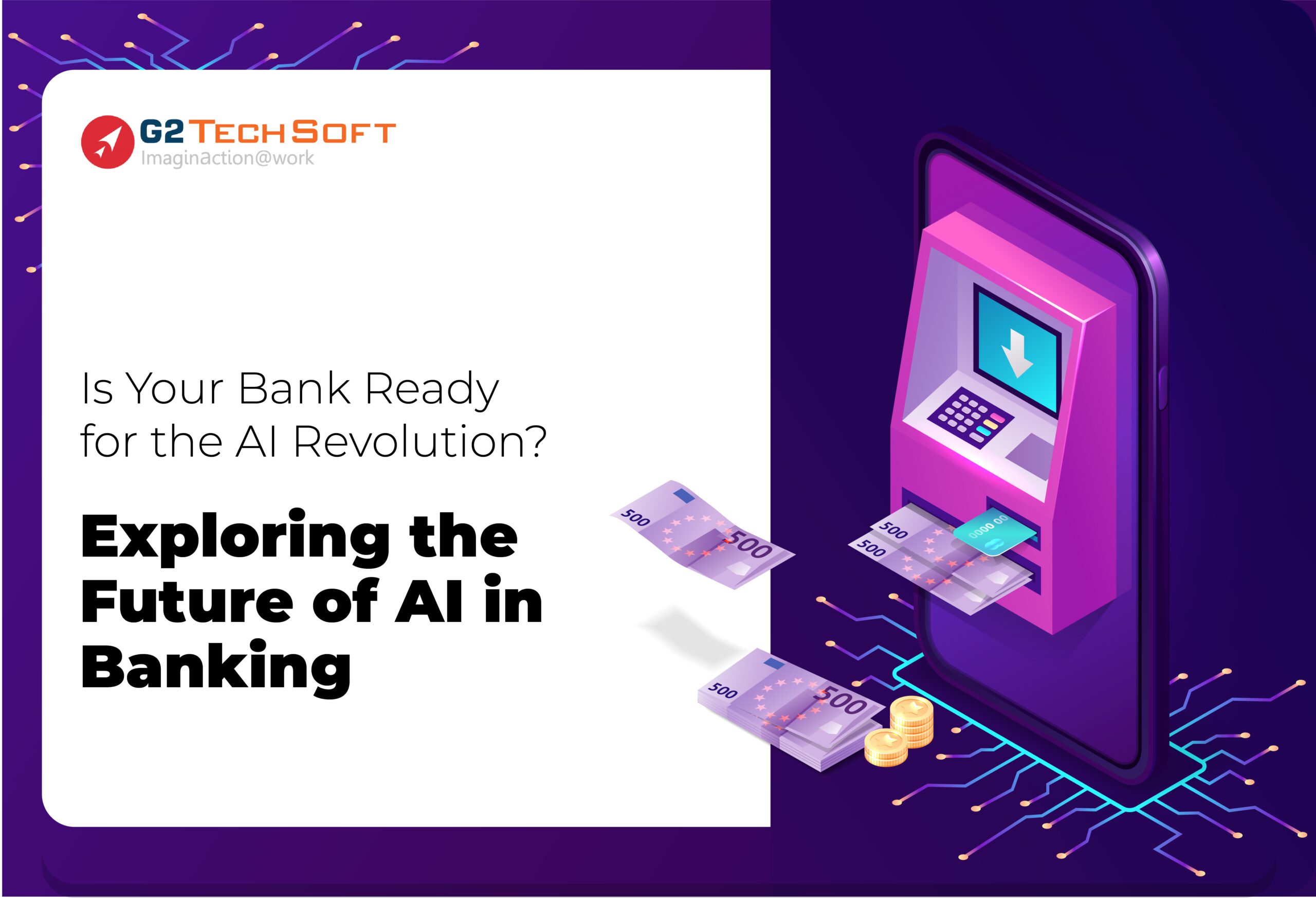
From Automation to Innovation: How ChatGPT and Generative AI is Transforming the Landscape of Work
You’ve probably heard about artificial intelligence (AI) before, but things are getting interesting with the recent release of generative AI tools like ChatGPT and Dall-E 2. These tools can produce human-like creative content with incredible accuracy, and anyone with an internet connection can use them. So, whether you need a blog post on SEO, a book report on Lord of the Flies, or a Van Gogh-inspired dinosaur image, these tools have covered you!
Of course, with any new technology, there are both benefits and risks. On the one hand, AI tools like ChatGPT is the future and make life easier for people by taking care of time-consuming tasks. But on the other hand, advanced AI could also put jobs at risk. When a computer can create content like blog posts, poetry, code, and landscape photos within seconds, it’s natural for humans who currently do those jobs to worry about their future career prospects.
That’s why we wanted to learn more about people’s opinions on AI-powered tools. We surveyed 642 professionals to determine how AI will affect their personal and professional lives in 2023 and beyond. It’s an exciting time for technology, and we’re eager to see what the future holds!
Reimagining the Future of the Internet
In a survey done by Aberdeen Group, nearly half of the respondents in our survey (48%) believe that advanced AI could be as crucial as the invention of the internet, and this percentage increases to 74% among generative AI power users and 62% among millennials and younger generations. One of the most significant ways AI could transform the internet is by changing how people find answers to their questions. Since search engines drive a considerable amount of web traffic, even a minor shift from the current status quo could disrupt the flow of visitors to websites and significantly impact the advertising industry.
The survey also asked participants to envision how they might seek information online. Interestingly, AI-powered chatbots emerged as the preferred choice, with 42% of the respondents selecting it, while only 24% favored search engines. It’s possible that AI-powered chatbots could replace search engines altogether, signaling a dramatic shift in the way we access information online.
Search Engine vs. ChatGPT
Although ChatGPT is still a demo with some limitations, it begs whether it will replace Google Search’s dominance. However, it may be too early to tell, and we may need to wait until the launch of GPT-4, which is expected to have over 100 trillion parameters in early 2023. In the meantime, let’s examine the current limitations of AI-powered search engines.
Currently, the available version of ChatGPT is still a demo, and there is potential for future improvements to address its weaknesses. However, its effectiveness as a search engine has been tested in fact-based queries, such as ownership of Google and escapees from Alcatraz, with ChatGPT providing direct answers and definitions without needing clicking or scrolling links. One limitation of ChatGPT is that its training data does not cover events beyond 2021, making its solutions outdated. This limitation could be addressed if the training model is updated in real-time or at frequent intervals.
ChatGPT does not have internet access and, therefore, cannot provide information that is not part of its training data. Users should verify any information provided by ChatGPT against reliable external sources before using it. The lack of sources for ChatGPT’s answers is another limitation, making it challenging to verify the information. ChatGPT’s weaknesses in providing information nullify its potential usefulness as a search engine. It can be wrong about fundamental things, such as solutions to equations and the fastest marine mammal, which require access to a correct source for verification, defeating the purpose of using ChatGPT.
When ChatGPT is correct, it can be helpful, providing conversational yet comprehensive answers and formatting information in an accessible way. It can adjust its explanations’ register, phrasing information suited to a six-year-old or an expert. Google has been striving for years to achieve the same outcome, with features like Featured Snippets and the Knowledge Panel, but is limited to drawing text from the pages it indexes, unlike ChatGPT. While ChatGPT is being hailed as a potential Google killer, its limitations in providing information are significant enough to nullify its usefulness.
How Generative AI Will Impact Businesses
- One of the most challenging and time-consuming tasks in the corporate world is creating high-quality content, whether it is product descriptions, promotional materials, or entire articles. In such cases, companies can leverage generative AI technology to produce acceptable quality content in a limited time. Generative AI tools, by using natural language processing and machine learning algorithms, can evaluate existing content and create new, high-quality content that meets specific standards. They can ensure that the tone, style, and targeted audience are considered while generating content. For instance, an organization can use ChatGPT to construct social media posts tailored to a particular demographic or to generate product descriptions that highlight specific features and benefits.
- With AI tools in customer service, companies can address challenging business problems. Chatbots powered by ChatGPT can provide customers with prompt and precise answers to their inquiries, improving the overall customer experience. They can also tailor customers’ suggestions based on their purchase history and preferences. A retailer can create a chatbot that helps customers locate products, answer inquiries, process orders, identify and resolve customer complaints, and issues, ensuring timely resolution and customer satisfaction. Similarly, a healthcare provider can deploy a ChatGPT-driven chatbot to help patients schedule appointments, provide information about medical procedures, and answer health-related questions. By leveraging this technology, businesses can boost customer experience, enhance operational efficiency, and drive growth.
- Such tools in a company’s legal operations can enable legal teams to operate more capably and proficiently. Using ChatGPT, a company’s legal team can scrutinize contracts and pinpoint future legal predicaments, ensuring compliance with legal regulations and diminishing the probability of legal disputes. ChatGPT’s prognostic abilities can aid legal teams in making well-informed decisions by examining preceding verdicts, laws, and regulations, enabling companies to formulate effective legal tactics and minimize the likelihood of potential legal disputes. Leveraging generative AI for business, corporations can enhance their legal teams’ productivity and efficiency, curtail legal research and document drafting costs, and elevate legal services’ caliber.
- Furthermore, it can offer significant support for corporate HR operations. It can mechanize repetitive HR chores while delivering exact and swift answers to staff inquiries. Enterprises can use generative AI to devise a virtual HR assistant, helping employees manage leaves, administer benefits, and introduce new hires to the organization. Moreover, the chatbot can offer tailored career development recommendations to workers based on their skills and interests, improving employee participation and retention. It can back up talent acquisition by scrutinizing resumes and job descriptions and scheduling interviews. This can assist HR departments in optimizing their HR procedures, downsizing labor costs, and improving worker satisfaction and retention.
- In the world of eCommerce, staying ahead of the competition often means embracing the latest innovations in technology. ChatGPT and Generative AI are two such technologies that are driving innovation in the eCommerce space. These tools are being used by businesses to generate personalized product recommendations, automate customer support, and create conversational interfaces that enhance the customer experience. By leveraging the power of ChatGPT and Generative AI, eCommerce businesses can streamline their operations, boost customer engagement, and drive sales growth.
How G2 TechSoft can help you leverage the power of Generative AI
G2 Tech Soft is a prominent software development company specializing in artificial intelligence (AI) and machine learning (ML) solutions. Our skilled developers offer innovative AI development services that can automate tasks, resolve issues, and enhance the customer experience. We have extensive experience in implementing AI and ML technologies in existing applications. We prioritize data acquisition and processing, analytics, multi-platform integration, and machine learning to create custom solutions that meet the unique needs of every business.
Our team works with various industries, including healthcare, fintech, eCommerce, education, and social services, to develop top-notch products that align with their business objectives. Partner with us to take your business to the next level with cutting-edge AI and ML technologies.
